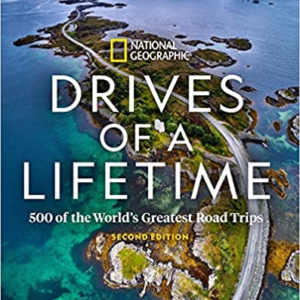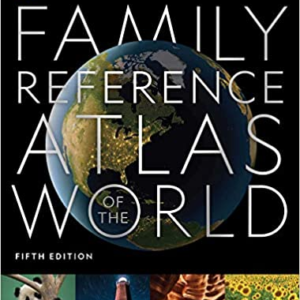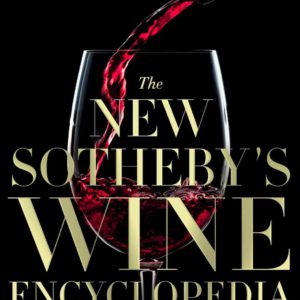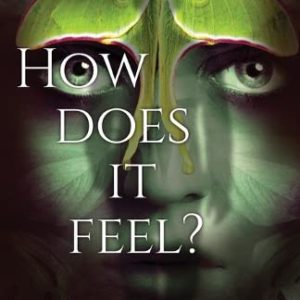The Church of the East in Central Asia and China (China and the Mediterranean World) by Samuel N Lieu, Glen Thompson
HARDCOVER
[320 pages]
PUB: November 04, 2020
Description
The diffusion of Christianity along the Silk Road from Iraq and Iran to China in the premodern era has attracted scholarly attention in the West since the discovery of the famous Xian (Nestorian) Monument c. 1623. This initial discovery was dismissed as a Jesuit forgery by Voltaire, Edward Gibbon and many other scholars of the Enlightenment. However, its authenticity has been more than vindicated by the discovery of genuine (Nestorian / Jingjiao) Christian texts in Chinese from Dunhuang and in Syriac, Sogdian and Old Turkish from Turfan (Bulayq) at the beginning of the last century. Besides confirming the existence of a Tang era Chinese Christian church (Jingjiao), additional archaeological and literary evidence has accumulated of a Christian presence in China during the later Song and Yuan periods (Yelikewenjiao). These churches were the subject of a conference of international specialists in Hong Kong in 2015. The current volume of eleven articles has grown out of the papers presented there.
| Weight | 0.35 lbs |
|---|---|
| Author | |
| Format | |
| ISBN-10 | |
| Language | |
| Publication Date | |
| Publisher |
Be the first to review “The Church of the East in Central Asia and China (China and the Mediterranean World) by Samuel N Lieu, Glen Thompson”
You must be <a href="https://webdelico.com/my-account/">logged in</a> to post a review.




























There are no reviews yet.